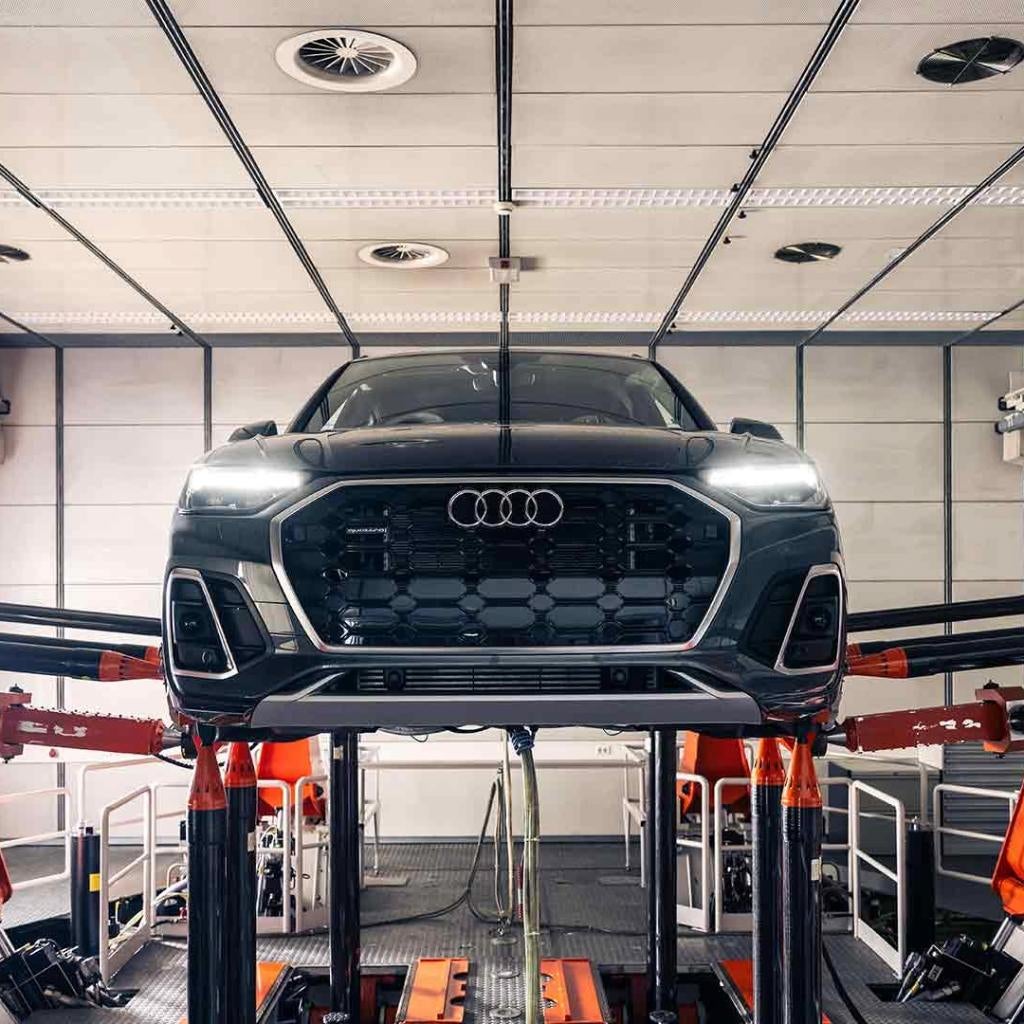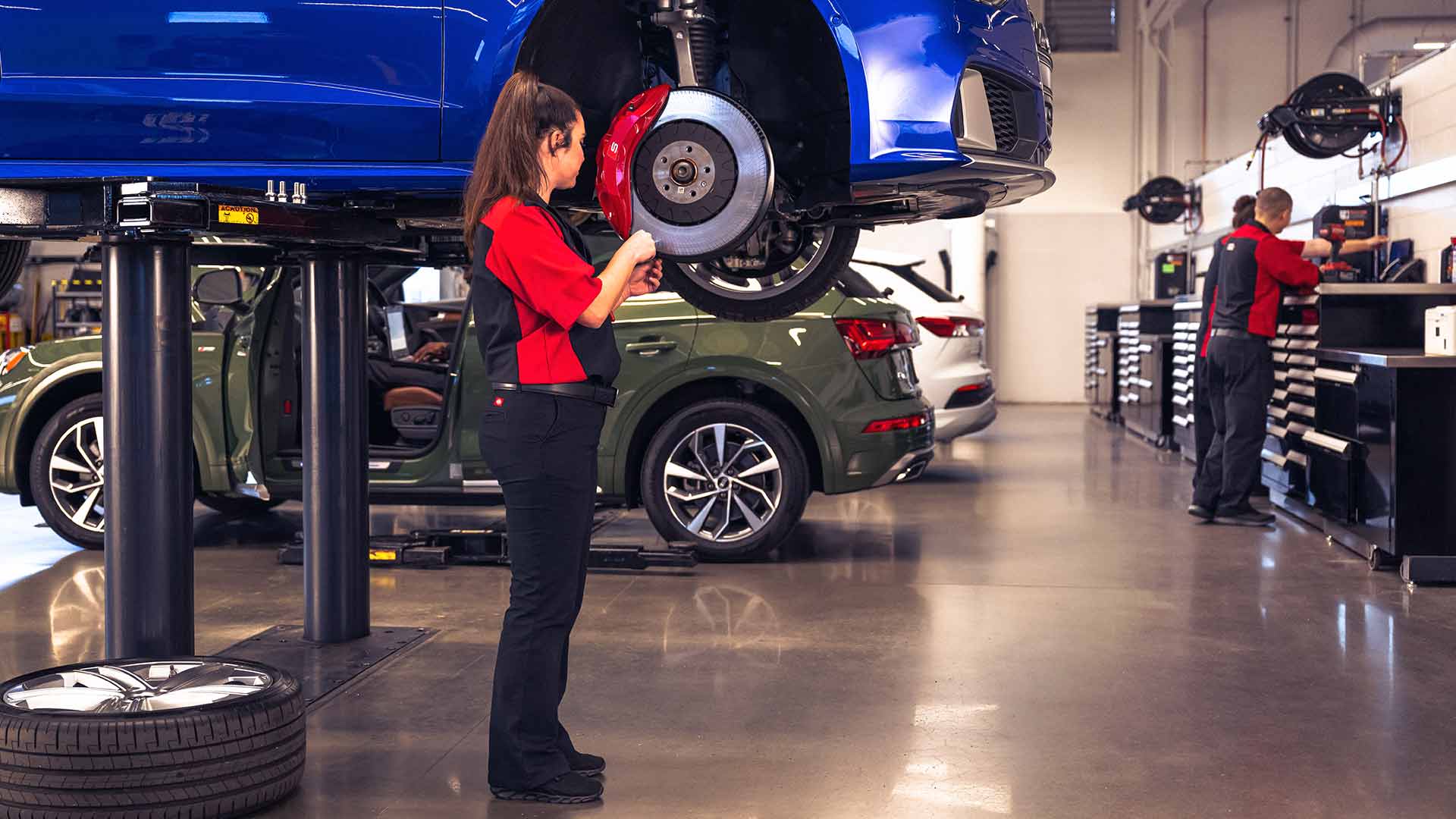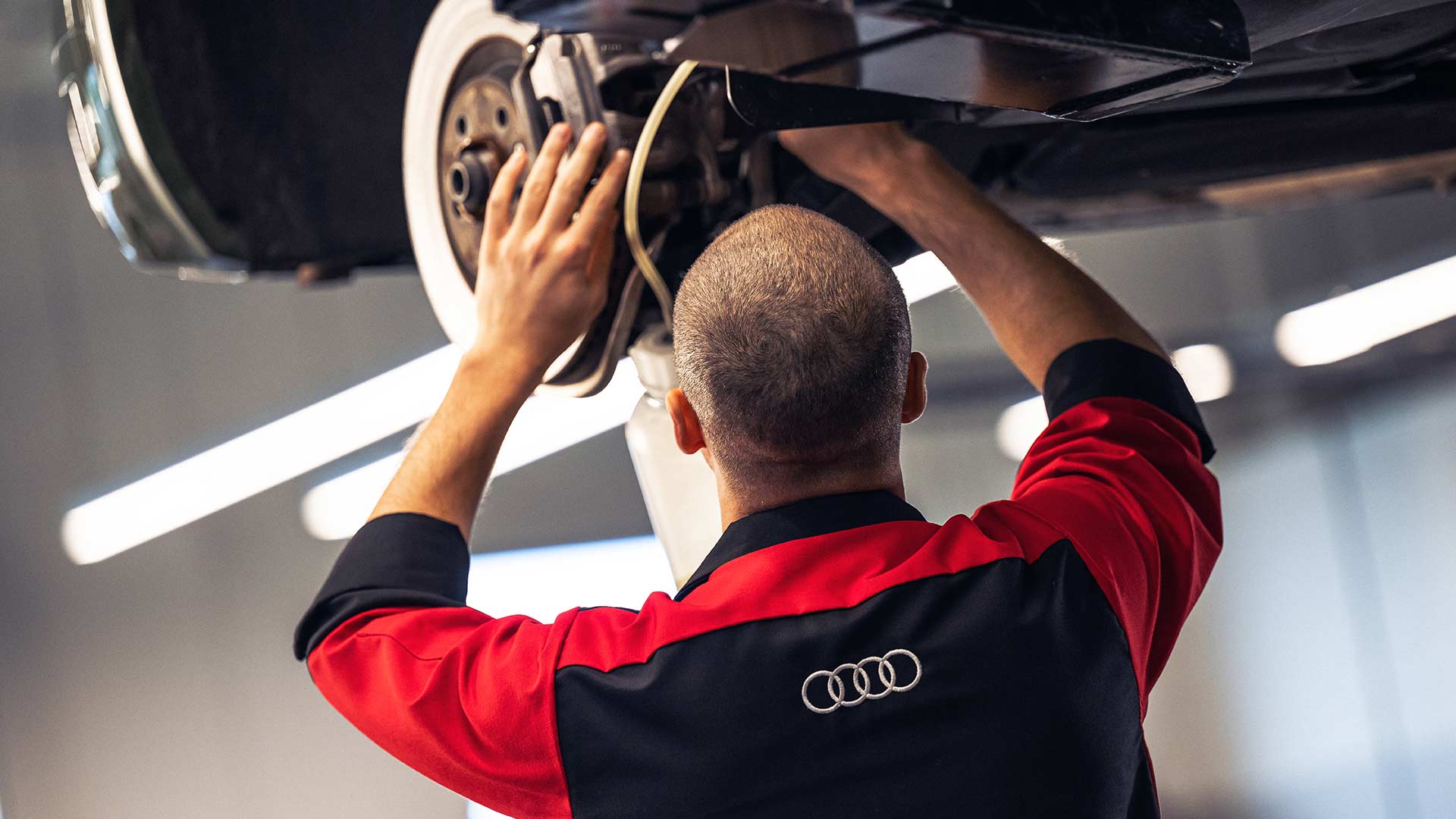Experience Unmatched Customer Service at Audi New Rochelle – Where Your Satisfaction Comes First
Business Hours
Monday: 9:00AM - 7:00PM
Tuesday: 9:00AM - 7:00PM
Wednesday: 9:00AM-7:00PM
Thursday: 9:00AM - 7:00PM
Friday: 9:00AM - 7:00PM
Saturday: 9:00AM - 5:00PM
Sunday: Closed
Monday: 7:30AM - 7:00PM
Tuesday: 7:30AM - 7:00PM
Wednesday: 7:30AM - 7:00PM
Thursday: 7:30AM - 7:00PM
Friday: 7:30AM - 7:00PM
Saturday: 8:00AM - 4:00PM
Sunday: Closed
Monday: 7:30AM - 6:00PM
Tuesday: 7:30AM - 6:00PM
Wednesday: 7:30AM - 6:00PM
Thursday: 7:30AM - 6:00PM
Friday: 7:30AM - 6:00PM
Saturday: 8:00AM - 4:00PM
Sunday: Closed



